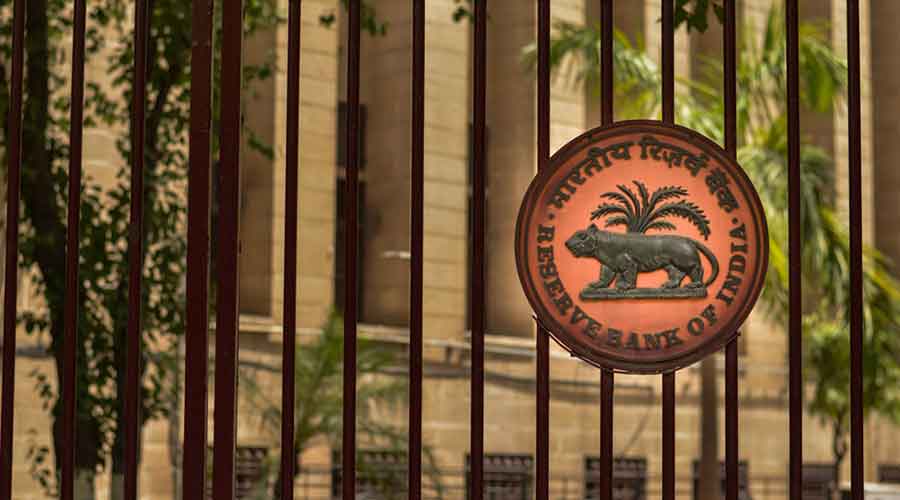Plans by Big Tech to foray further into India’s financial sector pose risks for traditional banks as the tech firms have the potential to become dominant players in financial services, the central bank has said.
The plans will also create governance-related challenges for regulators, the Reserve Bank of India (RBI) wrote in its bi-annual financial stability report on Thursday.
Major technology firms “straddle many different lines of business with sometimes opaque overarching governance structures”, it said.
The RBI said concerns included operational risks, too-big-to fail issues, challenges over anti-trust rules, cybersecurity and data privacy. But it added that the positive outcomes could include efficiency gains and more access to financial services.
At present, Amazon and Google provide basic payment services in India. Both companies as well as Facebook and others have applied for licences to operate broader retail payment and settlement systems in partnership with Indian companies such as Reliance and lenders.
The central bank’s warnings come at a time of much tension between the Indian government and US technology giants over issues that range from e-commerce rules to data privacy and content posted on their platforms. Amazon, Facebook, Facebook-owned WhatsApp and Twitter have all been caught up in disputes with New Delhi.
A State Bank union and UNI Global Union, which represents about 20 million workers globally, last month had raised concerns about the entry of big technology companies into the country’s payments sector.










